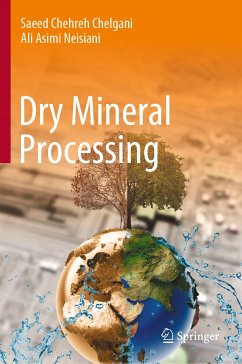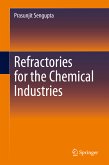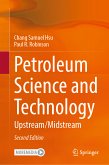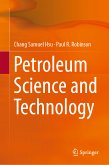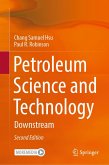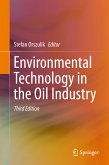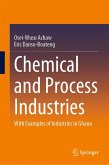This book introduces and explains all existing dry processing methods, drawing from larges studies about these techniques in both the academia and industrial sectors. Potentially, water insufficiency is one of the critical issues that could be the major cause of international conflicts. Thus, reducing water consumption and pollution in all industrial sectors is an essential issue for all countries. As a main part of the mining industry, ore processing plants are highly dependent on water, and water scarcity poses significant risk to the industry. Thus, water consumption is a strategic issue for mineral processing plants, particularly in dry climate countries. To select dry or wet processing, the differences between these conditions should be taken into consideration, which needs an in-depth understanding of the various possible methods. This book will be of interest to professionals and researchers.
Dieser Download kann aus rechtlichen Gründen nur mit Rechnungsadresse in A, B, BG, CY, CZ, D, DK, EW, E, FIN, F, GR, HR, H, IRL, I, LT, L, LR, M, NL, PL, P, R, S, SLO, SK ausgeliefert werden.

